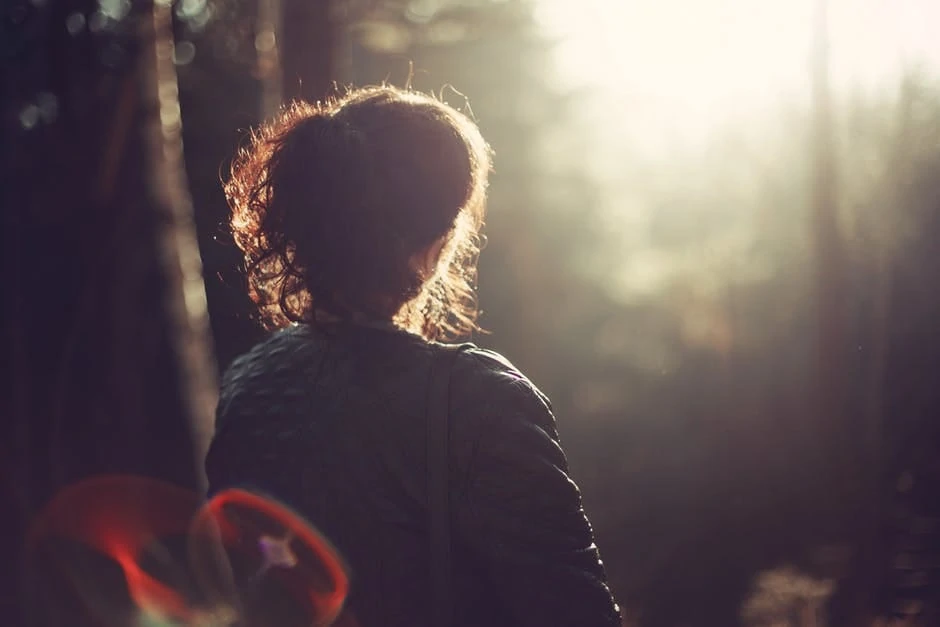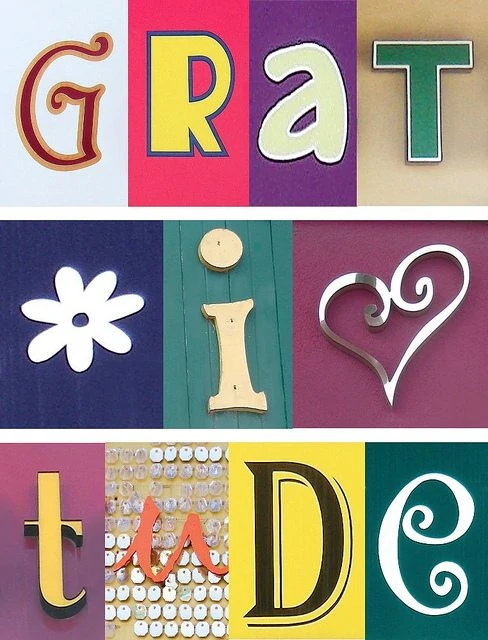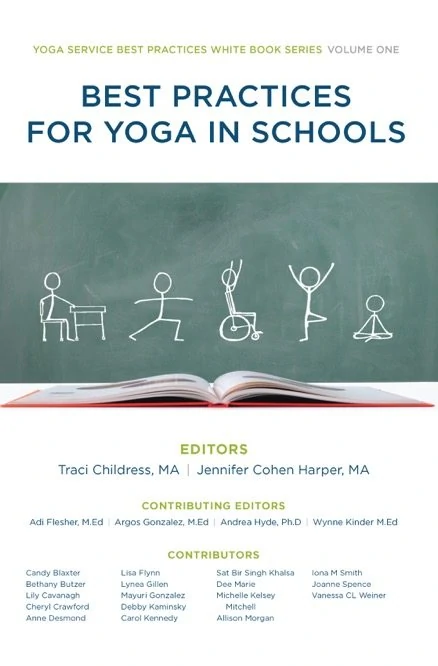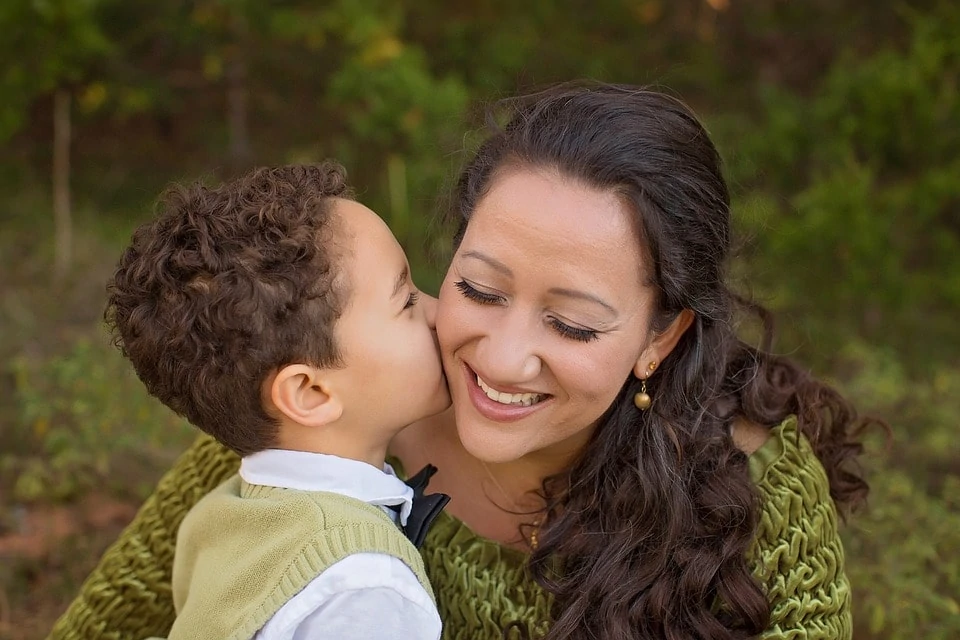“Strawberries first shaped my view of a world full of gifts simply scattered at your feet,” writes Robin Wall Kimmerer at the beginning of her amazing book Braiding Sweetgrass.
A gift comes to you through no action of your own, free, having moved toward you without your beckoning. It is not a reward; you cannot earn it, or call it to you, or even deserve it. And yet it appears. Your only role is to be open-eyed and present. Gifts exist in a realm of humility and mystery—as with random acts of kindness, we do not know their source.
Kimmerer, a professor of environmental and forest biology at the SUNY College of Environmental Science and Forestry, is also a member of the Citizen Potawatomi Nation and comes to her work with her Native American understanding that plants and animals are our oldest teachers.
Even if we become estranged from the natural world, she tells us, the natural world constantly bears gifts to us. Earth has a generosity that we can never fully reciprocate. Yet even the simplest reciprocity that we can offer – an expression of our interconnectedness – allows both ourselves and our environment (our home) to flourish.

Respectful harvesting of sweetgrass, Kimmerer tells us, actually results in more sweetgrass. Our acceptance of the gift encourages the plant to thrive. In our receiving, we are also giving.
This is a powerful message – especially now, when so many seem to believe that humans and nature are a bad mix. How can we possibly move toward ecological and cultural sustainability if we cannot imagine it?
We need a new story.
Mindfulness through Reciprocity
Mindfulness, as we’ve explored before, can be far more than just paying attention without immediate judgment. Mindfulness can also be understood as an action that readies and strengthens us for future action – like this bigger idea of mindfulness through reciprocity.

When you thrive, I thrive. When I support you, I am strengthened. When you support me, you are strengthened.
Though this can sound mystical, even “woo,” it’s no different than the well-known good feeling you get from helping out another person and receiving their gratitude – even from something as simple as holding open a door or letting a person with fewer items go ahead of you in the grocery store.
“A human being is part of the whole, called by us ‘Universe,’” Albert Einstein once wrote in a letter to a grieving father, “a part limited in time and space.”
He experiences himself, his thoughts and feelings as something separated from the rest — a kind of optical delusion of his consciousness. This delusion is a kind of prison for us, restricting us to our personal desires and to affection for a few persons nearest to us. Our task must be to free ourselves from this prison by widening our circle of compassion to embrace all living creatures and the whole nature in its beauty.
Every action has a reaction. Every gesture, for good or ill, has an effect – often multiple effects, not all of which we may even see or be aware of at the time. As the song teaches, no one is alone.
Giving & Receiving
Now here we are, moving into the late months of the year, preparing for Thanksgiving and the holiday season to follow. It can be a time of intense busy-ness, but it is also a time of opportunity to reconnect with loved ones in activities that confirm and strengthen our bonds, from family rituals to spiritual ceremonies and plenty in between.

“‘It’s all she has to give,’ he explained to me. ‘We don’t want to turn it away. She spent part of her life on it.’ His kindly receiving that sweater was his gift to her. He even wore it once when she came to visit.”
This Thanksgiving, pay attention to giving and receiving – how others respond when you give, how you respond when you are given to. Even if you had no other single thing to be grateful for as we sit down to dine together – with friends, with family, with strangers in need – the interconnectedness we share is always there, worthy of our deepest gratitude.
Images: sweetgrass by Matt Lavin, knitting by Katie Munoz, via Flickr






Thank you Jim and Lynea for this much appreciated message of inspiration. It brings home again how much we rely on each other and how our gifts of listening and acknowledgment are so valuable. Love you both ~ Mary Clare